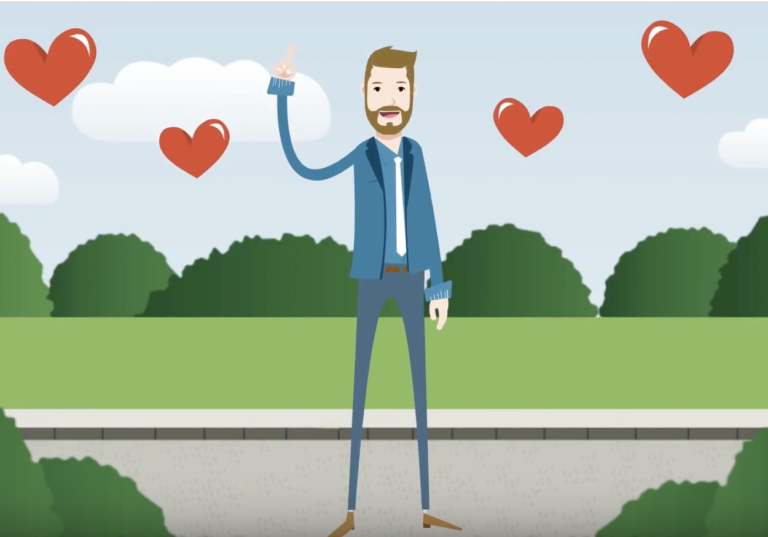We are certainly in the midst of a new age when it comes to addiction treatment. Gone are the usual in-person recovery meetings and in their place are virtual teleconferences and online chats (thanks, of course, to quarantining and the effects of the COVID-19 pandemic). While we certainly applaud the way our industry was able to adapt so quickly, it is worth stating that this “new normal” can carry certain risks. One in particular being internet trolls.
The biggest example of this started a few weeks ago, when a set of harassers broke in to a virtual Alcoholics Anonymous meeting. The New York based teleconference housed dozens of participants and worked as a support group for people struggling to get through their addictions. In a truly awful move, the trolls began taunting everyone in the meeting and chanting the phrase, “Alcohol is sooooo good.”
Not surprisingly, this made major headlines and it ultimately led to more copycats invading Zoom treatment chats and teasing participants. The root of these tactics is still unclear; but it could be as simple as people with too much time on their hands looking for outlets to cause mischief because of their frustrations over the coronavirus.
Whatever the cause, that first disruption had a major ripple effect. A high profile AA meeting that had been going quite well erupted into chaos, with more than half of the participants hanging up and disengaging. This also led to a loss of credibility and trust for Zoom recovery meetings in general, as people became worried about their anonymity going away.
Interestingly, this wave of virtual disruptions has caught the attention of the FBI. The organization even issued a warning over the past month about these types of incidents. They labeled this tactic Zoom Bombing and offered tips on how to avoid getting hacked while on teleconference calls.
“Zoom Bombing is a tactic in which trolls scour the internet for links to videoconferences and then harass participants,” the statement said. “For those hosting large, public group meetings, we strongly encourage hosts to review their settings and confirm that only the host can share their screen. For those hosting private meetings, password protections are on by default and we recommend that users keep those protections on to prevent uninvited users from joining.”
We also strongly encourage any recovery org hosting Zoom or virtual chat meetings to be very cognizant of the platform’s settings. In fact, there is an entire article focused on ways to keep your online conversations more secure. Click here to read it.







